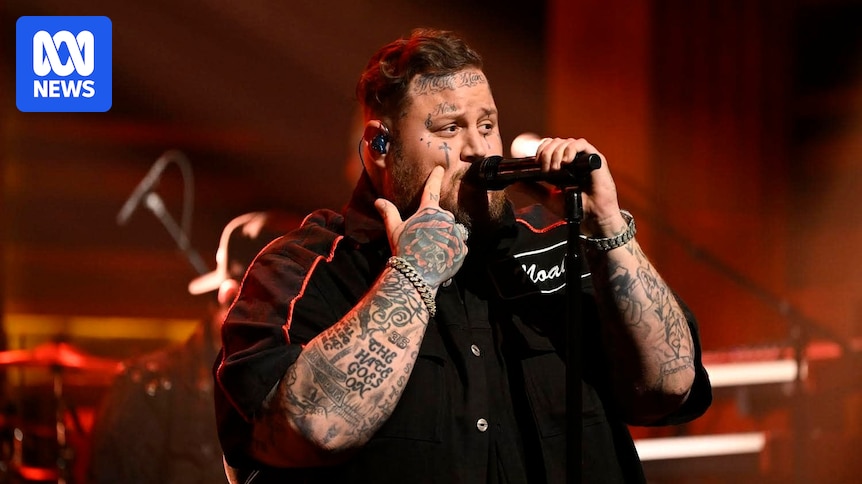Health authorities are bracing for more cases of measles after five people presented with the virus across Queensland in the past week.
The outbreak has prompted Queensland Health to alert counterparts in New South Wales as confirmed cases spike across the country.
In Australia, there have been 153 cases of measles recorded in the year to date — nearly three times the 2024 figure and the highest number of cases since 2019.
Health authorities in Western Australia are also on alert after recording the state’s highest number of cases since 1997.
Three confirmed cases of measles traced to Brisbane concert
Queensland Health confirmed three cases were connected to the Jelly Roll concert held in Brisbane last month.
Two of the cases, unrelated to the concert, were reported in the West Moreton and central Queensland areas.
Contact tracing is now underway, with notifications to be sent to those who attended the concert at the Brisbane Entertainment Centre on October 24.
Travellers urged to check vaccination status
Of the five new cases identified, all are between the ages of 30 to 49 years old.
Only one person is reported to have been vaccinated against the virus overseas, while the others are only partially vaccinated or not vaccinated at all.
Thirty cases have been recorded in Queensland so far this year, 12 of which were acquired overseas. A further 12 cases have been linked to those returned travellers.
Dr McDougall says Queenslanders should check their vaccination status, particularly if they are planning to travel. (ABC News)
Queensland Chief Health Officer Catherine McDougall has urged members of the public to check their vaccination status, especially if they’re travelling overseas.
“We’re seeing a lot of measles cases coming from Indonesia, Bali specifically, but also Cambodia and Vietnam,” Dr McDougall said.
“Children are particularly vulnerable and we’re particularly worried about Schoolies coming up — we really want them to make sure they’re vaccinated before they go.”
Paediatric infectious disease physician at teh National Centre for Immunisation Research and Surveillance Dr Archana Koirala said the drivers of this outbreak were likely people travelling more frequently and immunisation rates in children dropping.
“There’s a lot more people movement — during the pandemic, there was almost zero travel in and out of Australia,” she aid.
“With hotspots overseas, the increase in cases has nothing to do with the virus itself and more to do with the population immunity, as a whole, being less than it was before.”
Is Australia about to see the return of endemic measles?
Health Minister Tim Nicholls said anyone experiencing symptoms should seek medical advice before attending a hospital.
“Please don’t go to an emergency department, because that will spread it,” he said.
“What we would like you to do is contact your medical provider and seek advice on the best way for treatment.
“Anyone born since 1966 who has had one [measles-mumps-rubella] vaccine can receive a booster and we would recommend you do so.”
Measles is a highly contagious virus that can start as a runny nose, fever or cough before developing into a specific red rash.
A person can be infectious from a day before symptoms occur to four days after the rash appears.
The MMR vaccine is free through the National Immunisation program and offers a 97 per cent lifelong immunity against the disease.

